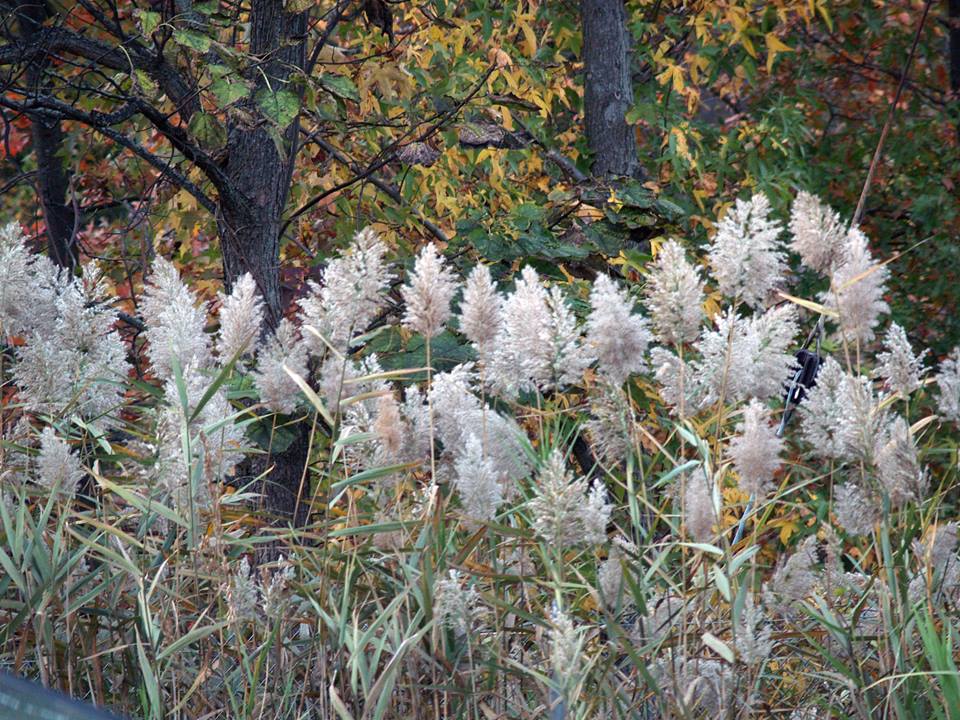Humanism of a Chinese scholar
My trip to Beijing in April is memorable not only because it was my first encounter with the mighty mainland and the country’s mind-boggling progress, but also because I had the taste of a Chinese scholar’s humanism. During my two week’s stay, I had the opportunity to meet two great scholars: Prof Liu Jian and Prof Dong Youchen.
I was staying with my artist friend Amitava’s apartment at Huangcunxidajie, a south Beijing suburb. In Mandarin, Huang means yellow, cun means village, xi means west and dajie means street. It’s located in Daxing district area.
As I got off the airport express subway train and came out of the station, I was astounded by the country’s awesome advancement. The April sun was beating down on the capital’s shiny and squeaky clean streets. I took a rickshaw from the subway station to reach my friend’s apartment.
Prof Liu came to my friend’s apartment on April 16. He has been associated with the Chinese Academy of Social Sciences (CASS) since the institution was founded in 1978. He came all the way from the north Beijing to collect some books on Tagore which I had carried from India.
We prepared meals for him as he said he would have lunch with us. I cooked daal, egg curry and boiled potato and my friend cooked chicken curry. I was surprised to see the professor having Bengali dishes with such relish. He said he had traveled to India a number of times and unlike a typical Chinese, he liked Indian food.
The sixty-something professor was narrating Mao’s life history and the movement that he spearheaded during 1930s and 1940s. What struck me particularly about him was his lucid interpretation, his profound scholarship and his humility. The candor and simplicity with which he was explaining the Cultural Revolution (1966-1976) and its impact were amazing. I was spellbound. I never knew how almost four hours just went past! (The professor came to our place at 1pm and left around 5.15pm.)
The professor said Chinese leadership today is giving a lot of emphasis on the ideals of two great Indian thinkers: Tagore and Gandhi. Himself a Tagore scholar, Prof Liu said selected poems of Tagore had been included in Chinese high school curriculum. Ministry of Education has recommended Tagore’s Selected Poems, consisting of Gitanjali, Katha, Gardener and Stray Birds, among the reading list, he said.
Tagore’s Dui Bigha Jomi (My Little Piece of Land) was the first Bengali poem to be translated into Chinese in 1956, he said. Mrs Shi Zhen translated Tagore’s Katha and Wu Xiaoling translated Tagore’s Clay Cart into Chinese, he added.
Prof Liu himself translated Glimpses of Bengal into Chinese in 1985 and Religion of Man in 1999. In recent years, he translated The Argumentative Indian by Amartya Sen into Chinese and won a lot of readers. Small Stories of Great Men (published by North Women and Children Press) and prescribed for Grade 4 students include two stories from the life of Mahatma Gandhi. Prof. Dong said.
Prof Liu also said Yunnan People’s Publishing House would publish six volumes of contemporary Indian short stories edited by the Sahitya Academi. He has finished translating the volume of Contemporary Indian Short Stories in English. The whole set will be available from around October this year.
A strong votary of Indo-China friendship, Prof Liu said these two Asian neighbors must remove mutual distrust, try to solve border disputes through reasonable negotiation and work together earnestly even if they cannot solve the border disputes at present not only for regional peace but for the global good.
“We should pursue the path of Tagore’s humanism,” he said, recalling the poet’s famous words: “…where the world has not been broken up into fragments by narrow domestic walls…..Where the clear stream of reason has not lost its way into the dreary, desert sand of dead habit…”
